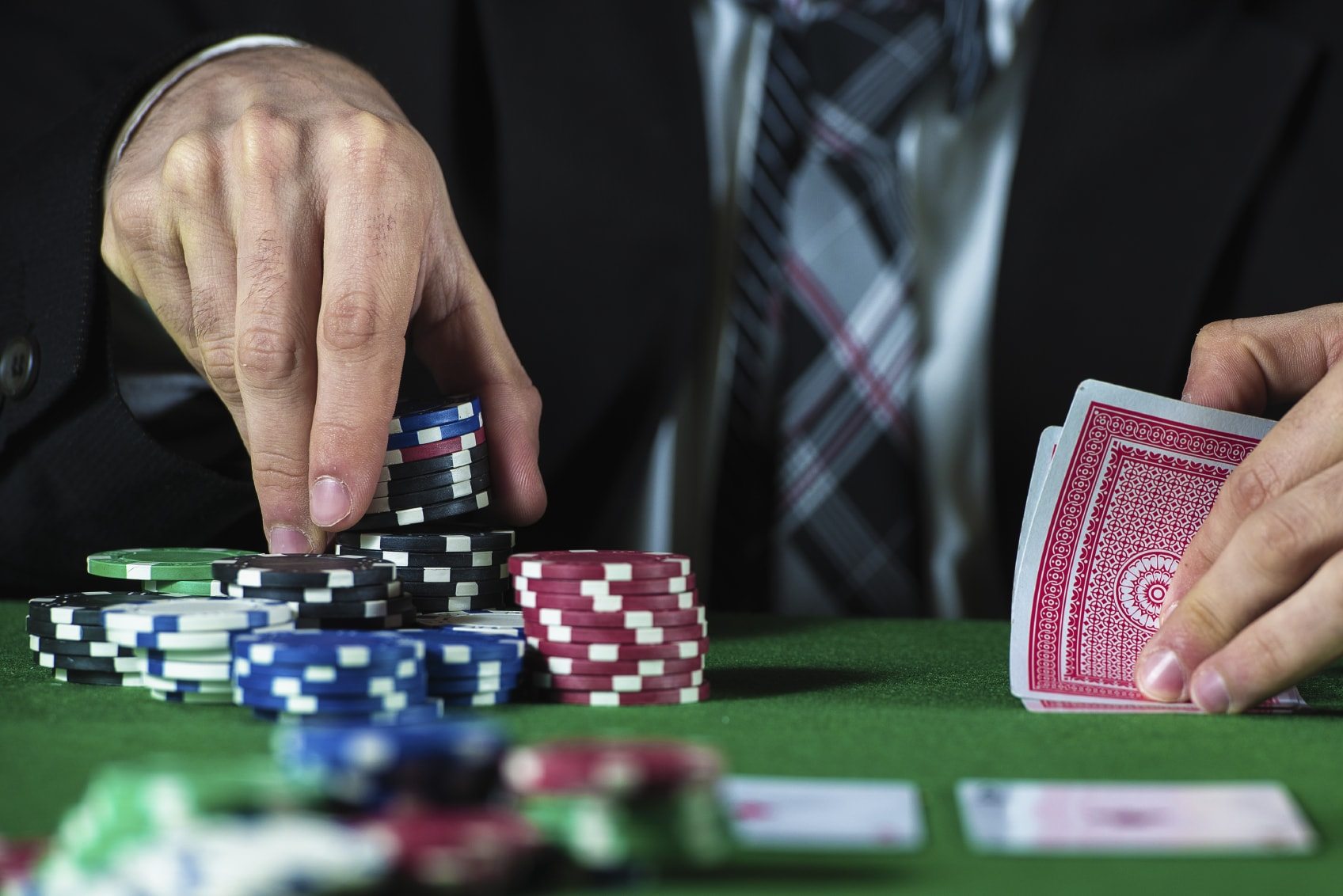Gambling addiction guide: How to stop gambling addiction
Looking for a solution to stop gambling addiction? Allen Carrs comprehensive guide offers effective strategies and support, helping you regain control.

It is possible to cure gambling addiction and so help a gambler to change.
Whether someone considers themselves a problem gambler, a compulsive gambler, or a gambling addict they can set themselves free from the issue – as long as they go about it in the right way.
Most mainstream methods of helping gambling addicts focus on the use of willpower. The idea is to have the gambler acknowledge that their problem is ruining their lives and the lives of their loved ones, and that they should commit to a lifelong battle resisting the temptation to gamble.
If the gambler feeling bad about what they’ve done to their family and swearing never to gamble again really worked – the gambler wouldn’t have ended up seeking the treatment prescribing they do exactly that.
They will have sworn off gambling dozens of times and failed. Some programmes even rely on the addict acknowledging that they have an incurable disease which they will have to battle for the rest of their lives! No wonder they make people miserable!
Can a compulsive gambler change and stop gambling?
The key to curing a gambling addiction, to no longer being a problem gambler or compulsive gambler, is to have the addict understand exactly what it is that they think they enjoy about it.
Gamblers already know about the downsides; the cost, the debts, the loss of property & love, and the utter shame – there’s no point in ramming that down their throat. It’s highly patronising and entirely counter-productive.
But looking at their perceived advantages of gambling, and understanding the process they went through in becoming addicted is an entirely empowering, enlightening, and positive process which leaves the gambler ready to walk away from something that was devastating their lives and the lives of their family, with a smile on their face, like someone who has been released from the darkest, dankest, most uncomfortable dungeon.
Surprisingly this process, far from being a lifetime battle, or requiring residential treatment (which itself costs thousands and thousands of pounds) takes just a few hours.
In fact, if you’re a problem gambler, compulsive gambler, or gambling addict reading this there is no doubt that you can already sense, albeit sceptically, a little light at the end of the tunnel for the first time in your life. Get in touch with Allen Carr’s Easyway to Stop Gambling programme.
What to do if you have a gambling problem?
Allen Carr’s Easyway understands how gambling makes them feel and, without being judgemental or patronising, we take them through the process of how to free themselves from the addiction to gambling. We demonstrate how gamblers fall into the trap, the psychology behind being addicted to risk and how to quit gambling once and for all.
1. Acknowledge you have a gambling problem
Recognising that your gambling behaviour is a problem is a powerful and essential first step towards recovery. Taking time to reflect on how it impacts your life emotionally, financially, and socially can help you start making meaningful changes.
2. Understand the triggers of your gambling addiction
Gambling is often triggered by emotional states like stress, boredom, loneliness, or a desire for excitement. By identifying what leads you to gamble, you can begin to avoid those triggers and replace them with healthier alternatives such as exercise, meditation, or yoga to manage your mood.
3. Set strict boundaries & goals to stay focused
Creating clear boundaries around gambling can help you regain control, such as limiting your time or setting strict budgets. Establishing goals and new routines helps shift your focus and reduce the chances of relapse.
4. Self-exclusion
Self-exclusion is a program offered by many gambling operators that allows you to voluntarily ban yourself from venues or online platforms. This is an effective tool to create distance between you and gambling opportunities while reinforcing your commitment to recovery.
5. Seek professional gambling addiction help
Getting help from trained professionals can significantly improve your chances of recovery. Organisations like GamCare, the National Gambling Helpline, or therapists who specialise in addiction offer expert support, counselling, and therapies like CBT.
6. Make healthy lifestyle changes
Improving your overall wellbeing can help ease the grip of addiction. Incorporating regular exercise, a balanced diet, quality sleep, and mindfulness practices into your daily life can reduce stress and build emotional resilience.
7. Cognitive-Behavioural-Therapy (CBT)
CBT helps you recognise the thought patterns and behaviours that drive your gambling. It teaches you how to challenge irrational beliefs and develop healthier coping strategies, making long-term recovery more achievable.
8. Talk about it with someone
Opening up to a trusted friend, family member, or support group can be incredibly healing. Talking honestly without fear of judgment helps you gain perspective and feel less alone in your journey.
9. Manage your finances
Taking control of your finances can reduce gambling temptations. Creating a realistic budget, assessing debts, and setting up repayment plans helps you stay focused. Avoiding credit cards, loans, or carrying large sums of cash minimises risk.
10. Engage in new hobbies or activities
Filling your time with new and rewarding activities can take the place of gambling. Trying something like exercise, cooking, reading, or learning a new skill provides enjoyment, reduces stress, and gives your life new purpose.





